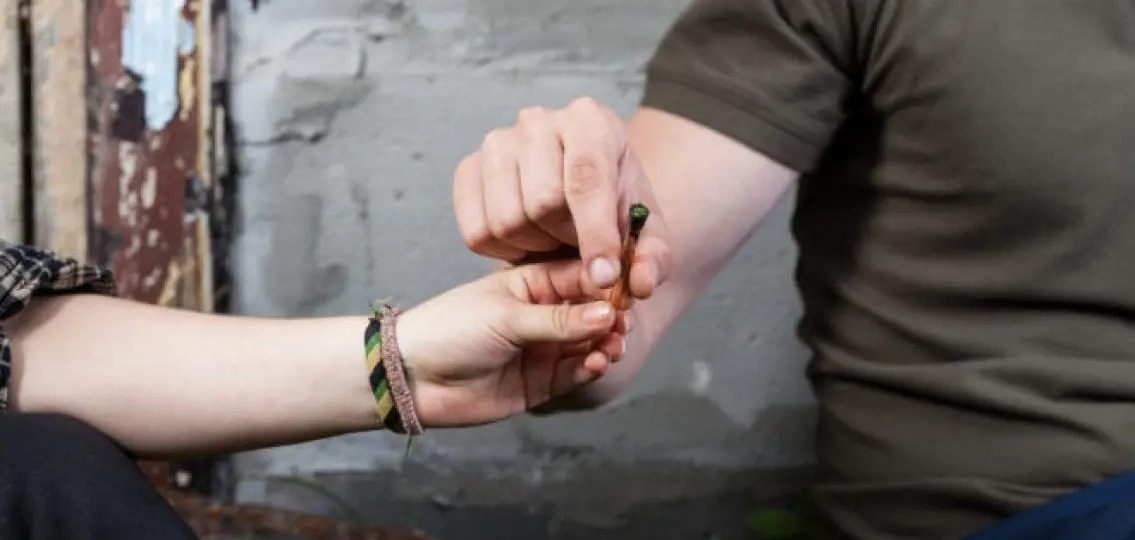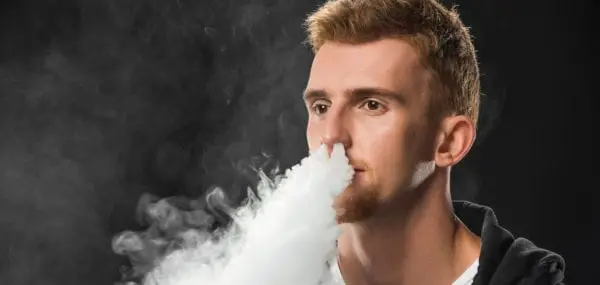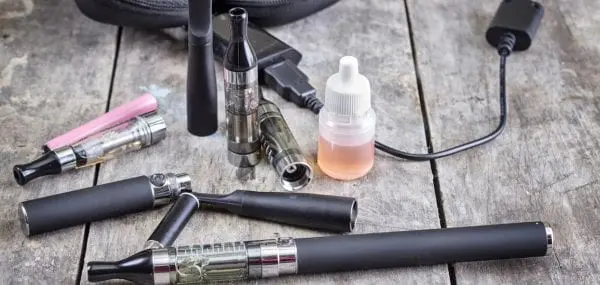Interview by Diana Simeon
In this first installment of Your Teen’s up-close look at legalizing marijuana for recreational use, we caught up with Dr. Joseph Shrand, medical director for CASTLE—a treatment center for adolescents—and instructor of psychiatry at Harvard Medical School.
Q: What’s the message to teenagers when we talk about legalizing marijuana for recreational use?
Shrand: Just because you put the word recreational in front of it doesn’t mean it’s safe. It sends a very mixed message to teenagers. We’re basically saying, “It’s okay to do this.” But it is not okay, at all. We are not being responsible adults when we send that message.
Q: Why?
Shrand: There is a 2012 report from Columbia University’s Center for Addiction and Substance Abuse (CASA) that is important for people who are considering the recreational use of marijuana. The study found that people who start using drugs or alcohol after the age of 21 are at a one out of 25 risk for lifelong addiction. But if you start using drugs or alcohol before the age of 18, you are at a one in four—or 25 percent—risk for lifelong addiction.
Q: Wow.
Shrand: Yes. And the real problem is we don’t know which teenagers are at risk for addiction, so that’s why saying that the recreational use of marijuana is okay can be so harmful. Three out of four kids are never going to have a problem, but I don’t know which ones they are. No one does. I can’t tell by looking at a kid whether they are going to be the one at risk for progressing to heroin. But I will tell you that every one of my teenagers on heroin started with weed.
Q: But like alcohol, marijuana would only be legal if you are over 21.
Shrand: Yes, the drinking age is 21, but we know that many teenagers are still drinking. There’s a national study called Monitoring the Future that tracks trends in 8th, 10th and 12th graders. It found that 80 percent of respondents had drunk alcohol in the last 30 days and 90 percent said alcohol is easy to get. So that strategy hasn’t worked well.
I’ve also heard people argue that they would rather have a kid smoking weed than drinking alcohol because alcohol is so disinhibiting and you don’t get into fights when you are smoking weed and so on. My response is, “That’s a straw man argument. It’s not like it’s one or the other.” That’s not the argument. The argument is whether or not we should legalize weed for recreational purposes, knowing that we have no ability to predict which teenagers will be one of those 25 percent at risk for lifelong addiction. And knowing that teenagers will have an easier time accessing it.
Q: Many adults say, “Marijuana’s not a big deal. I smoked it as a teenager. I’m fine.”
Shrand: Well, those parents were in the 75 percent that were not going to be at risk. But I can tell you that a lot of the kids that I have in my program have parents who are using drugs and alcohol and they were not one of those 75 percent, they were in the 25 percent and they have lifelong addictions. There is a genetic component to addiction, but it’s also that the way the brain is developing puts these kids at such a greater risk for addiction than adults.
Q: So is marijuana a gateway drug? Or not?
Shrand: Again, for some percentage of the population it can be. That is what’s important. We’re not saying that every kid who smokes weed is going to wind up using heroin. That is nonsense. But there is no question that the vast majority of the kids I see here who are on heroin started with weed. Why is that? We were actually talking about this today. One kid in my group, who’s recovering from heroin, said “It’s the high.” He described it like this: as you use marijuana, you develop a tolerance and you just don’t get as high. So you go on to something else and it gets you high again. For him that seeking the perfect high eventually progressed to Percocet, Vicodin, and then to heroin. And after he stopped getting high snorting heroin, he began to inject it. And now he’s in my program trying to get clean.
Q: What other effects can marijuana have?
Shrand: Kids who are smoking enough weed are not that motivated. Using a lot of marijuana is also linked to poor performance at school and higher drop—out rates. That’s part of the side effects. But we also know that some people, albeit a relatively small number, who use weed as teenagers go on to develop psychotic disorders as adults. We have very compelling data to support this now. In 2012, there was a study that looked at a large number of young adults with psychosis and a significant percentage of them had no other risk factors for psychosis other than that they had smoked weed. There was no family history, there was no previous psychiatric Illness. It came down to they smoked weed when they were younger and that changed the vulnerability of their brain to psychosis when they were older. And again, we don’t know for which kids this will be the case.
Q: Any final thoughts?
Shrand: Parents need to be aware that just because we are legalizing something for recreational use, does not make it safe for teenagers. The longer your teenager can put off experimenting with drugs and alcohol the better. When you can tell me which kids are in the 25 percent at risk for lifelong addiction … the kids where we can say “You’re the one for who it’s safe,” then I’ll think about it. Until then, there’s no argument that legalizing marijuana is responsible. Cars are legal also, but used irresponsibly they can be lethal.





